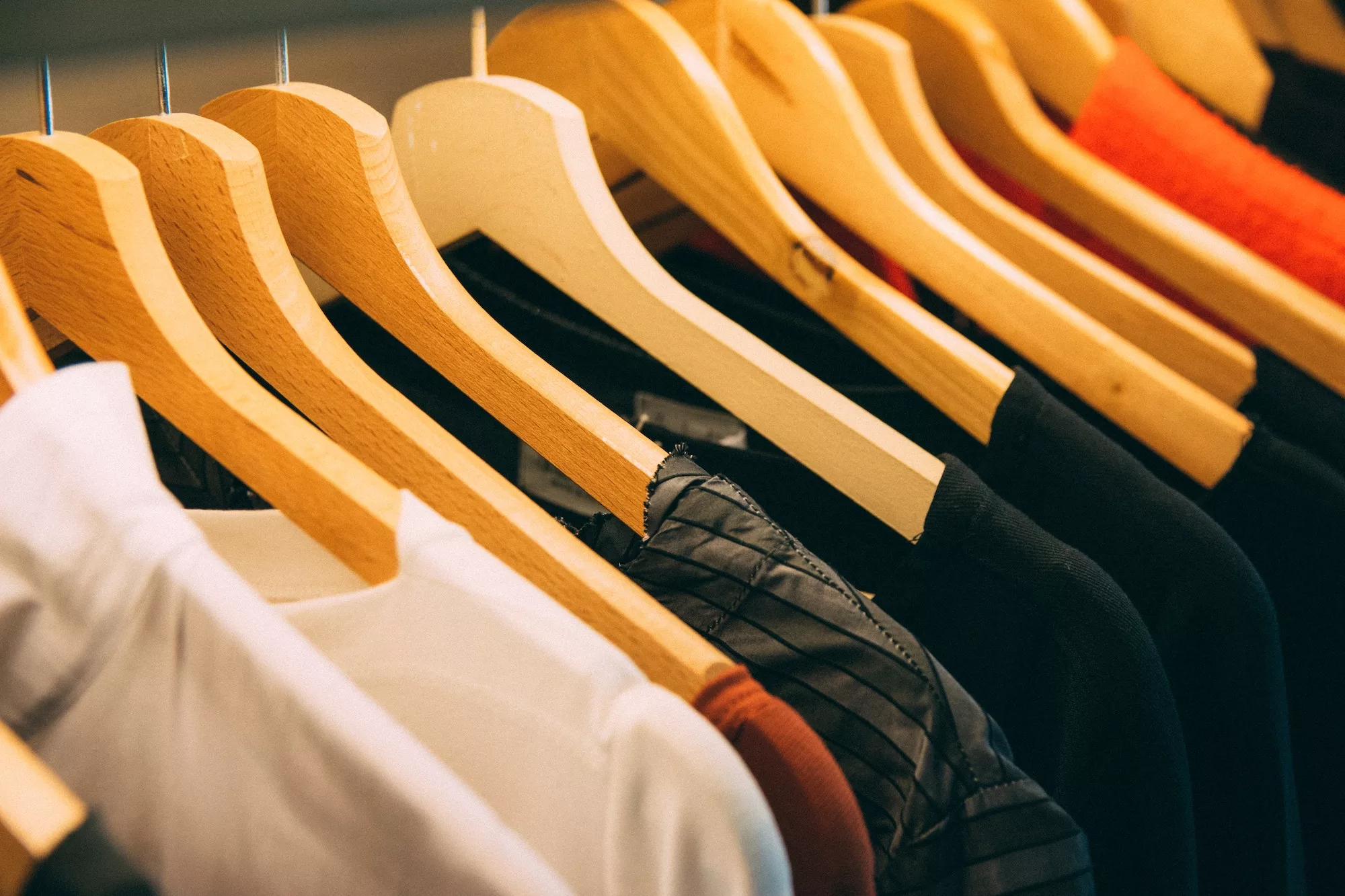Social responsibility has become a major concern among consumers. They are more conscientious than ever before about the products they buy, how those products are produced, and who produces them. As consumers in a capitalist society, we have the power to make our voices heard with our wallets. And in response to growing concerns regarding things like ethical manufacturing and the environmental impact of the fashion industry, many of us are making our voices heard by refusing to purchase from apparel companies that are not socially responsible.
In response, many leading brands have revamped their strategies. They have embraced environmentally and socially responsible manufacturing practices and have ditched things like sweatshop and child labor. If you classify yourself as a conscientious consumer, you have likely wondered which companies you should buy from and which ones you should avoid. While there are a lot of great businesses from which to buy your T-shirts, sweatshirts, and other apparel, some outshine their competitors. Here are just a few socially responsible apparel companies that shoppers can be proud to support.
Gildan
Gildan shirts are some of the most comfortable and durable on the market, and the company takes social responsibility seriously. Through its Genuine Responsibility initiative, the brand has promised to produce more sustainable apparel by caring for its workers, taking steps to conserve environmental resources, and building strong communities.
With more than 50,000 employees worldwide, Gildan is one of the largest apparel manufacturers on the planet. It promises to take care of those people by providing them with safe and healthy working environments and fair wages. The company also offers attractive benefits like free on-site medical care to ensure the well-being of all employees. The company also strives to reduce waste and optimize resource use to minimize its impact on the environment. It conducts environmental audits regularly to ensure that all facilities are within compliance.
Fruit of the Loom
Fruit of the Loom is another big brand that embraces social responsibility. Its initiatives are focused primarily on balancing the needs of the company with its impact on the people involved in its supply chain and on the environment. Fruit of the Loom also cares about building up the communities in which its facilities are located.
All suppliers for Fruit of the Loom are required to adhere to conditions and rules of employment that respect workers’ rights, according to the company. At a minimum, suppliers must protect worker rights under international and national labor and social security regulations and laws.
Suppliers are also required to adopt measures to mitigate their ecological impact. They must abide by all applicable international and local laws that are in place to protect the environment. Fruit of the Loom also requires them to operate in a manner that strives to minimize energy consumption and waste while using natural resources in an optimized manner.
Delta Apparel
Ethical conduct is a cornerstone of Delta Apparel’s business strategy. The company is committed to operating based on principles of trust, dignity, honesty, collaboration, and mutual respect, and it strives to showcase these principles in how it treats people, communities, and the environment.
Delta Apparel employs about 7,000 people in the United States, Mexico, Honduras, and El Salvador. Everyone who works for the company is expected to adhere to its Ethics Policy and Workplace Code of Conduct, and all suppliers, business partners, and contractors are expected to conduct their businesses in an ethical and legal manner, the company states on its website. Delta Apparel also has programs in place to ensure workplace safety and to promote employee health and wellness.
Environmental responsibility is important to Delta, too. It has established several environmental responsibility initiatives to create a more sustainable future for the business and the planet. The company takes steps to track its consumption of energy and water. It also tracks the levels of things like wastewater output and greenhouse gas emissions. Through Delta’s sustainability initiatives, it strives to decrease water and energy consumption, reduce wastewater and greenhouse gas production, and keep as much waste out of landfills as possible.
Hanes
Another heavy hitter in the apparel industry, Hanes takes social and environmental responsibility seriously. Through its Hanes for Good program, the brand embraces workplace equality, community building, and environmental stewardship.
Hanes Brands holds itself to high ethical standards and expects the same from its partners. All employees are treated with dignity and respect, and the company says it does not work with any distributors or other partners who harass employees or discriminate against them in any way. Underage workers are not permitted, and all workplaces must be kept healthy and safe, according to the company’s codes of conduct. This applies to Hanes employees working in the United States and in foreign nations. Facilities are audited annually, and any that fail to meet the company’s requirements are no longer used.
Hanes is also committed to caring for the planet. It takes steps to responsibly manage energy consumption, water usage, carbon emissions, wastewater production, and more. It is working toward increasing its use of energy from renewable sources like geothermal, hydro, and biomass as well. The company embraced environmental responsibility before it was “cool” to do so, and it continues to make sustainability a cornerstone of its business practices.
Conclusion
There is a lot of concern about the impact of fast fashion on the world. Consumers have become more aware of where their clothing comes from and how it is made, and many choose to only support companies that care for their workers and their environment. Fortunately for these conscious shoppers, a growing number of brands—including major players like these—are increasingly responding in kind.




